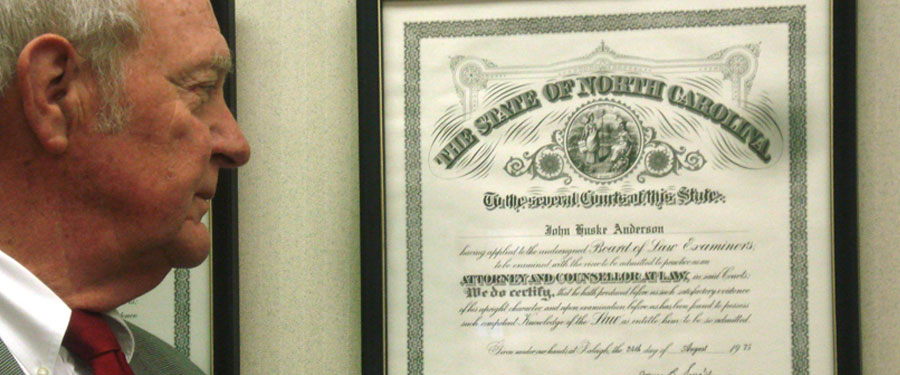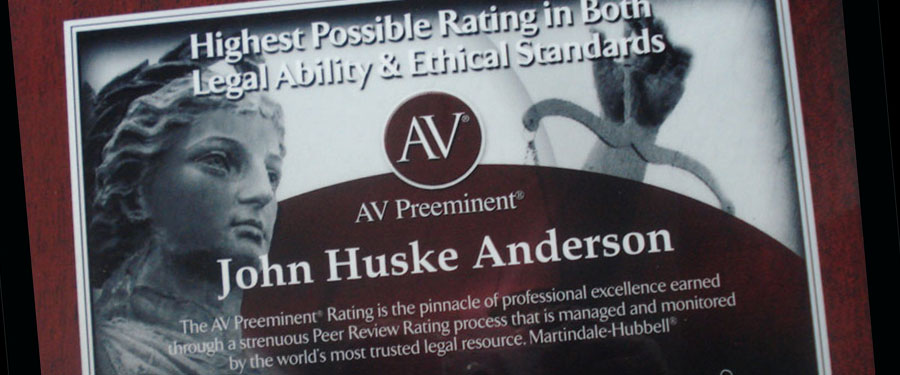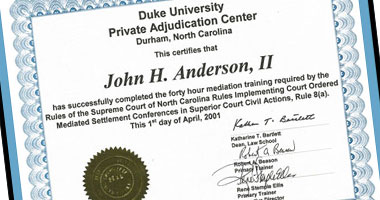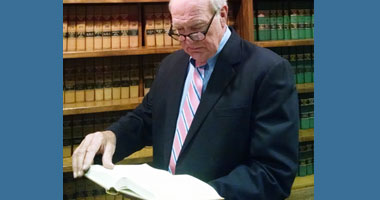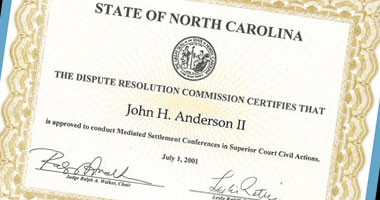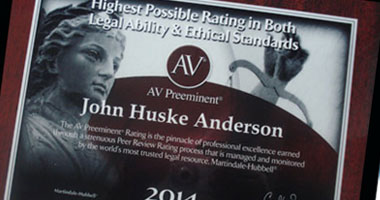What is a Mediator and What to expect from your Mediator:
- A mediator will be impartial and neutral.
- A mediator will not take sides and has no stake in the outcome of a dispute.
- A mediator facilitates the discussion between participants
- The mediator will not make substantive decisions. The participants make the decisions.
- The mediator may provide information relevant to your matter, including information about the law.
- The mediator will not give you legal advice.
- A mediator will ensure each participant is permitted to voice their concerns and respond.
- The mediator will work to ensure that discussions remain civil and are conducted in a neutral, comfortable environment.
Remember: When it comes to court appointed mediation -- Time is not on your side.
What is Mediation?
Mediation is a litigation tool where the parties directly and openly discuss the merits of the dispute (lawsuit) in an effort to resolve the dispute. There are no formal rules. However, it is expected that the mediator creates pre-mediation rules and the parties agree on procedural rules for the mediation. A decision as to case values is not made by the mediator except in the context of evaluation to each side. It is the parties, not the mediator, who decides the resolution.
Mediation is a good tool to understand the opposition in the litigation. You're able to show the strengths of your case and, based upon those strengths and the strengths of the other party's case, accurately assess the case with your client.
Mediation can put you in a position to settle a dispute. It saves you dollars in costs and fees, psychological dollars and costly trial procedures - all listed under good will.
Know that mediation is a voluntary, confidential, non-binding process in which a mediator helps the parties identify obstacles to settlement and develop strategies to resolve their dispute.
When the court compels parties to participate in a mediation - it is an opportunity to use the following 10 common sense steps:
- Set Goals
- Communicate Expectations
- Prepare - make sure all important documents are physically present
- Decision makers must participate
- Treat the Process Seriously
- Expect Success
- Explore Positions
- Narrow the Issues
- Target Discovery
- Good Old-Fashion Face-to-Face negotiations
Key points in working with a Mediator!
- Voluntary: Parties select mediation because they genuinely want to find a solution.
- Flexible: There are no set rules or procedures to follow, unlike court.
- Quicker: You are likely to reach a solution more quickly through mediation than court, trial.
- Confidential: Mediation is 'without prejudice and confidential'
- Parties are in Control: Solutions are found by the parties involved

